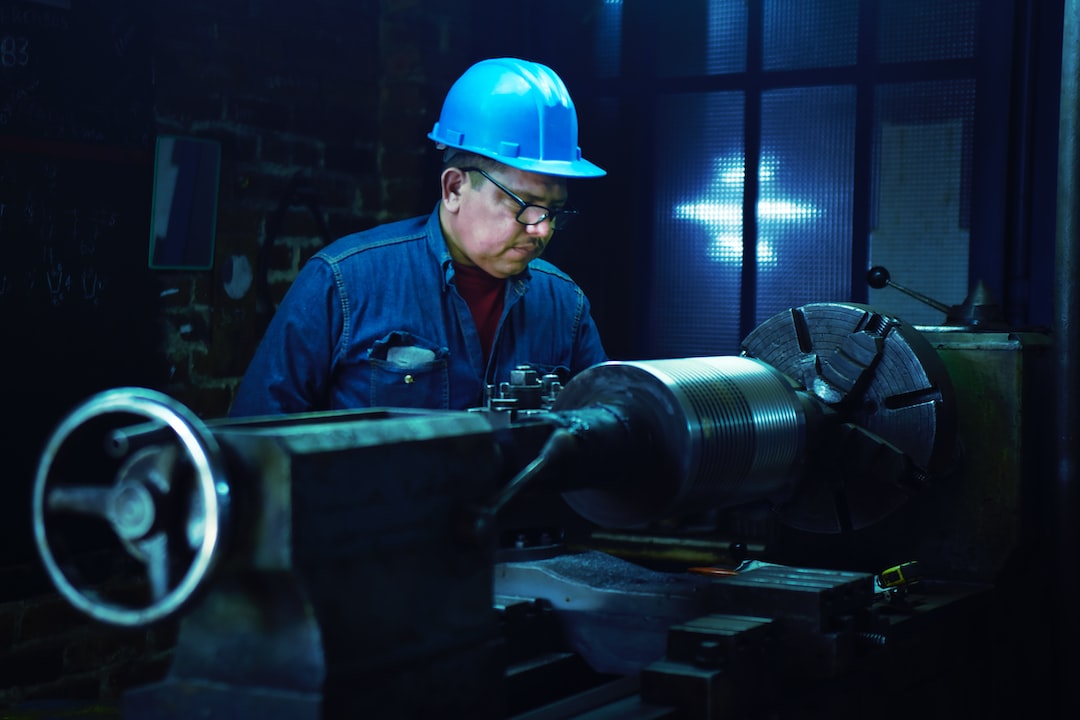Sustainable Manufacturing: Balancing Environmental Responsibility and Operational Efficiency
In today’s increasingly eco-conscious world, businesses across various industries are striving to adopt sustainable practices to minimize their environmental impact. One such area of focus is sustainable manufacturing, which entails producing goods in a way that reduces waste generation, conserves resources, and mitigates negative consequences for the planet.
The concept of sustainable manufacturing involves striking a balance between the environmental responsibility of manufacturing processes and the operational efficiency required to meet consumer demands. This blog post aims to explore the significance of sustainable manufacturing, its benefits, and strategies that can be employed to achieve this delicate equilibrium.
First and foremost, sustainable manufacturing is crucial for the preservation of the planet’s finite resources. Traditional manufacturing methodologies often result in the excessive extraction of raw materials, leading to resource depletion. By adopting sustainable manufacturing practices, businesses can minimize their reliance on scarce resources and potentially find alternative, renewable materials to reduce their environmental footprint.
Furthermore, sustainable manufacturing contributes to the reduction of greenhouse gas emissions and other pollutants. Industrial activities are one of the primary sources of carbon dioxide emissions, which contribute to climate change. By implementing sustainable manufacturing practices, businesses can optimize their energy usage, reduce emissions, and ultimately combat climate change.
In addition to its environmental benefits, sustainable manufacturing offers a range of advantages for businesses themselves. One of the key advantages is cost savings. Sustainable practices, such as energy-efficient production techniques or recycling initiatives, can significantly reduce the consumption of resources and subsequently lower operational costs. Companies that invest in sustainable manufacturing strategies also tend to have a positive public image, attracting environmentally-minded consumers who value ethical and responsible production methods.
To achieve sustainable manufacturing, businesses can adopt various strategies and technologies. One such strategy is lean manufacturing, which focuses on minimizing waste, including material waste and time waste. Lean manufacturing techniques, such as just-in-time production and efficient inventory management, help businesses avoid overproduction, reduce unnecessary transportation, and optimize resource utilization.
Another approach is the use of renewable energy sources in the manufacturing process. Transitioning from fossil fuels to renewable energy, such as solar or wind power, decreases the carbon footprint and enables manufacturers to operate in an environmentally friendly manner. Companies can also invest in energy-efficient technologies, such as LED lighting or advanced automation systems, to reduce energy consumption.
Recycling and waste management systems are also vital components of sustainable manufacturing. By implementing effective recycling programs, businesses can minimize waste sent to landfills and find new uses for materials that would otherwise go to waste. Some manufacturers are even exploring the concept of circular economy, where products are designed to be easily disassembled and recycled at the end of their lifespan.
Collaboration between manufacturers, suppliers, and consumers is crucial for successful sustainable manufacturing as well. By working together, these stakeholders can identify areas for improvement, share best practices, and develop innovative solutions to address environmental challenges. Engaging consumers in the process, such as through awareness campaigns or product labeling, can also promote responsible consumption and encourage demand for sustainably manufactured products.
In conclusion, sustainable manufacturing is vital for both businesses and the environment. By balancing environmental responsibility with operational efficiency, businesses can reduce their ecological footprint, conserve resources, and mitigate climate change. The adoption of sustainable manufacturing practices not only benefits the planet but also offers cost savings, public image improvement, and appeal to conscientious consumers. Through strategies like lean manufacturing, renewable energy adoption, and effective waste management, businesses can move towards a more sustainable future. Collaboration and awareness among manufacturers, suppliers, and consumers are key to driving positive change and achieving sustainable manufacturing goals.

